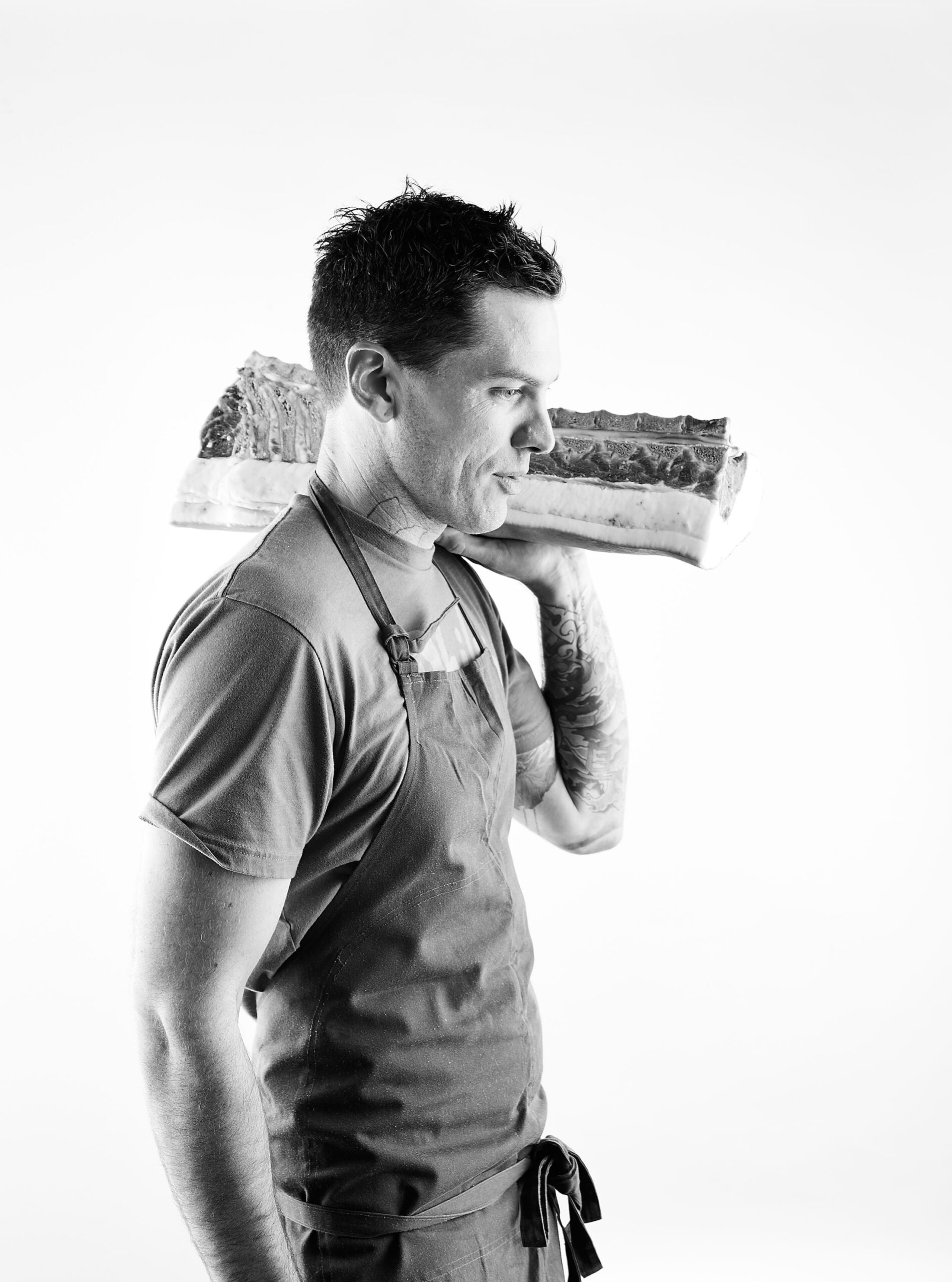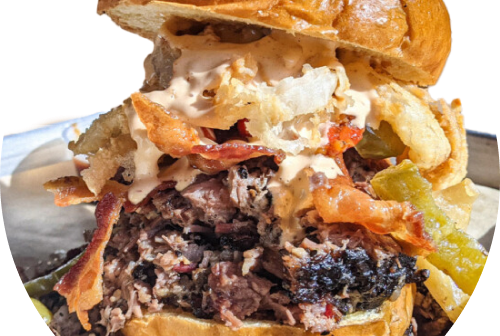Chef Matt McCallister is one year and two weeks sober, so the story that appeared in Monday’s New York Times struck a chord. The article, entitled “Chef Sean Brock Puts Down the Bourbon and Begins a New Quest,” profiles Charleston chef Sean Brock’s tackling of a drinking problem that had gone unaddressed until he checked into rehab earlier this year.
Severson’s article gets at something vitally important but often overlooked, the elements of restaurant work too seldom discussed: addiction, and its shadow-notion of self-care. Brock’s admission itself is courageous.
“It’s a lot to reflect on,” McCallister says. “It’s great that somebody of his caliber is talking about these things. That it got a full spread in The New York Times, that’s huge.”
The restaurant industry can be grueling: the pressure and grind, heat and sheer physical toll, the hours spent toiling in a kitchen, the absences from family.
Brock details the problems that fueled his escape into drinking, the spiraling addiction that got in the way of his cooking. Brock’s meteoric rise began in 2008 when he opened McCrady’s, championing Southern foodways and local sourcing. He won a James Beard award for Best Chef Southeast and has been nominated for Rising Star and Outstanding Chef. His restaurant Husk was named Bon Appetit magazine’s Best New Restaurant in America in 2011, and his cookbook Heritage is a New York Times Bestseller and won a Beard award. To say Brock is a superstar celebrity chef is not an overstatement. And yet, as Kim Severson writes in her profile, “In some circles, his name had become a verb. After a long stretch on the line, one cook might look at another and say, ‘Let’s get Brocked.’”
McCallister would never use the stresses of the kitchen as an excuse. “I don’t make excuses for anything we do,” he says. But, as with doctors, it’s something “that hits our industry on a large scale,” he says. “Any industry that has high-level stress.”
And, of Brock’s story, he says, “It’s a story that definitely hits home.”
McCallister’s own story includes an eight-year struggle with heroin addiction, a dark time over a decade ago that preceded his culinary career. Cooking, in some ways, saved him. “It gave me something I was passionate about,” he says. “It consumed me, almost to the point of being its own addiction—which is a much healthier addiction than sticking a needle in my arm.” But while he hasn’t touched drugs in years, the specter of alcohol became coping mechanism and refuge. “Drinking definitely cut the edge.”
And that’s where Brock’s story parallels McCallister’s. “For a small section,” McCallister says, “I felt like I was reading about me.” A year ago, on his birthday, June 20, McCallister was hosting a guest chef dinner with a James Beard award-winning chef from Boston, and he was, he says, black-out drunk.
“After that episode of mine, my girlfriend at the time and now my wife, and [close friend] Robert Lyford [of Patina Green] were conspiring an intervention. I landed back here [after a trip]. I walked in. There was my old drug counselor from rehab 12 years ago.”
The period since his one-month stint in rehab has been one of total change, a reorientation that goes to the very core of who he is. “I’ve never felt prouder of what I’m doing,” he says. “Quality of life is an important thing to me. I’m spending time with my son and my daughter and my wife. I love working. I love the stress. I love the intensity. I enjoy chaos. But I have to manage it and not let it get out of control. I need some of that in my life. But I also need to make sure I’m taking care of myself. It just comes down to taking care of yourself. Which isn’t drinking a fifth of vodka or a fifth of gin a day.”
The highly driven chef also tries to be a role model. “How am I showing up to my cooks?” he asks himself. That means not getting livid at the staff at the end of service. It means being mindful of their levels of stress. Chefs with Issues, a site Severson references in her article, is one McCallister is familiar with; he champions its notions of community and solidarity. Part of the profession, to him, now means extending that circle.
“I’ll drop what I’m doing and talk with someone if they need to talk,” he says.
At 36, McCallister says he feels stronger and has more energy than he ever has. He quit smoking. But he’s no preacher of sobriety—or of any one particular doctrine.
“If you’re sober and you’re happy and you’re doing what you love, then more power to you,” he says. “If you’re a partier and it’s working for you, then more power to you. It wasn’t working for me.”






